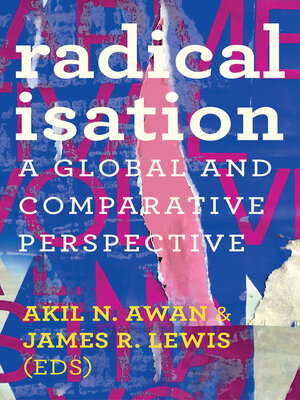
Sign up to save your library
With an OverDrive account, you can save your favorite libraries for at-a-glance information about availability. Find out more about OverDrive accounts.
Find this title in Libby, the library reading app by OverDrive.



Search for a digital library with this title
Title found at these libraries:
| Library Name | Distance |
|---|---|
| Loading... |
Radicalisation has become an important part of the twenty-first-century security and political landscape. It is a seemingly ubiquitous term, employed by academics, policymakers, civil society actors, practitioners and media alike, in ever-expanding ways—describing everything from changing domestic social movements to the growth of international terrorism. This volume provides a comprehensive treatment of 'radicalisation': the processes during which individuals or groups adopt increasingly extreme political, social or religious beliefs, positions or aspirations, particularly in cases associated with the use of violence. Adopting a multifaceted and comparative approach, the contributors interrogate this phenomenon from wide-ranging social, ideological, religious and historical angles.
The first part of the book explores how academia has engaged with the concept of radicalisation, including the ontological and epistemological concerns of Critical Terrorism Studies; theoretical models for understanding radicalisation; and approaches to radicalisation through the various lenses of identity, gender, youth and media. The second part explores manifestations of radicalisation through a range of diverse case studies, including the Falun Gong movement; Aum Shinrikyo; Far-Right trans-nationalism; white nationalist lone wolves and the 'Great Replacement' thesis; ISIS and Western jihadists; deradicalisation programmes; hero myths; the Extreme Right in Eastern Europe; and the dark side of globalisation.







